Brick-shaped economics tomes rarely top the bestseller lists, but this one did, and it made a big splash in politics and academia, too. Professor Thomas Piketty is not the first economist to tackle the problem of growing inequality, but with his epic research, he can claim to be among the most thorough, while at the same time presenting original and accessible arguments that have made economics come alive for many readers. This masterwork offers a convincing narrative on ways to counter capitalism’s defects.
The key to understanding wealth inequality lies in studying economic history and its patterns.
When theories and hypotheses fail to make sense of modern economic issues, as happened in 2008, the vast breadth of knowledge available in economic history can offer valuable insights. The historical landscape can encompass everything from the driest and most obscure statistics to the implicit assumptions and references made in classic works of literature.
If you know where and how to look, the patterns are there to see. Studying history is better than pursuing a misplaced quest for “scientificity” through inward-looking mathematical proofs of theories.
Rates of return on capital tend to be greater than the growth rates of economies.
The richest individuals in any capitalist society are those who own assets and who earn interest, profits or rents from those assets. Of course, even the wealthiest people earn incomes via high salaries, special talents, and innovative or lucky business ideas. But even in this case, their returns from capital assets – bought with ...
Thomas Piketty is a professor of economics at the School for Advanced Studies in the Social Sciences and at the London School of Economics, and an associate chair at the Paris School of Economics. He is also the author of Capital and Ideology and The Economics of Inequality.









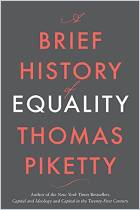
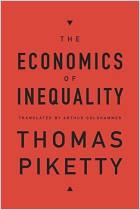
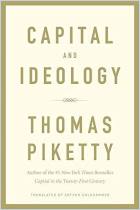
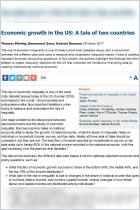
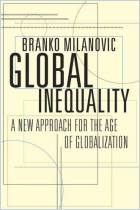
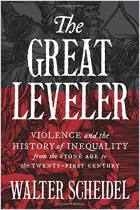
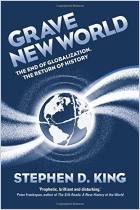
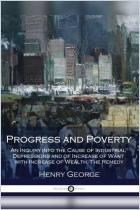
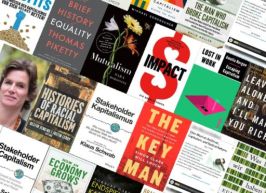



Comment on this summary or Comenzar discusión